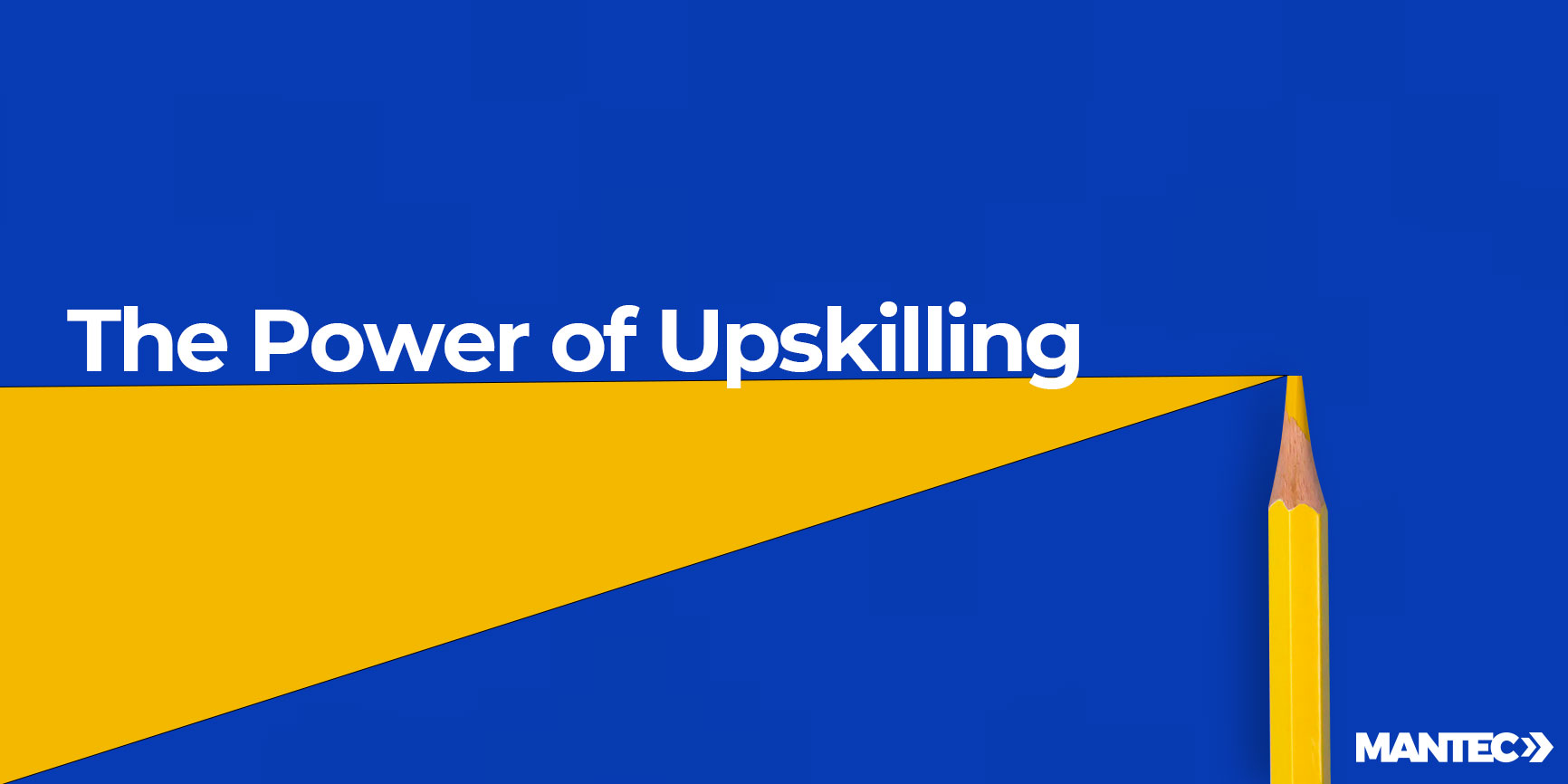In today's fast-paced and ever-evolving business landscape, staying competitive requires continuous adaptation and growth. One…

In today’s competitive manufacturing landscape, you’re most likely well aware of your suppliers’ key performance indicators, as well as the impacts of handling, shipping and distribution on your overall unit costs. But what do you know about tracking employee skill sets? And how do you know if your business will be impacted by a skills gap in the short and/or long-term?
At first glance, what you pay for raw materials might not seem to be related to employee skill tracking. But in reality, it’s just as important — if not more crucial — to your continued ability to deliver value to your customers. According to leading HR and payroll software providers, labor costs can amount to 70 percent of a manufacturer’s costs of doing business when wages, insurance and benefits are all included.
So just like you need to purchase quality materials at a fair price from your suppliers, you also need to know you’re paying for the right skills to safely and effectively operate your machinery and manage your workforce. And this is where skills tracking makes a world of difference.
The Importance of Employee Skill Tracking
Did you know that according to “The Skills Gap in U.S. Manufacturing” by Deloitte, approximately three and a half million manufacturing jobs are expected to open up over the next decade? However, as many as two million of those jobs will remain unfilled due to a lack of skills in the existing labor pool?
In addition, more than 80 percent of surveyed manufacturing executives reported that the skills gap will negatively impact their companies’ ability to meet the demands of their customers. And nearly the same number reported that it will also impede their ability to adopt new technology that’s aimed at increasing productivity levels.
With these sobering statistics in mind, it’s clear that manufacturers can’t simply rely on new hires to supply the skill sets they require to run their businesses in a safe, compliant and competitive manner. Only through vigilant in-house tracking of employees’ skills can employers be aware of their workers’ progress and engagement — as well as which skills they need to develop to meet their businesses’ future needs.
How to Track Employee Skills
Professionals ranging from HR managers to team leaders agree that tracking employee skills helps their respective company gain essential knowledge regarding the competency of their workforce.

To help you track your employees’ skills, we recommend the following methods:
- Professional development: Once you’ve identified the skills your employees need to acquire, it’s advisable to offer professional development opportunities in these areas. By doing so, you can motivate your employees to build their skills, remain relevant and ultimately increase their professional engagement.
- Self-assessments: While there may be instances when self-assessments are of limited value, one proven area where they’re effective is in identifying what new skills employees have gained or are in the process of acquiring. Because of the positive nature of this type of self-reporting, employees tend to be fairly straightforward and open to answering questions that demonstrate their value to the company.
- Tests and certifications: By faithfully recording all the tests your employees pass and all the certifications they earn, you can see everything pertaining to your workforce development at a glance — ranging from your workers’ current skills to any bare spots that need to be addressed by further training.
Employee Skills Management Begins With MANTEC
Since 1988, our team at MANTEC has been expertly advising manufacturers across South Central Pennsylvania. As a private, non-profit 501(c)3 with a specialty in workforce development training, we’re uniquely positioned to help you track, manage and develop your employees’ skills.
To learn more about our services, Call 717-843-5054 or contact us today.
